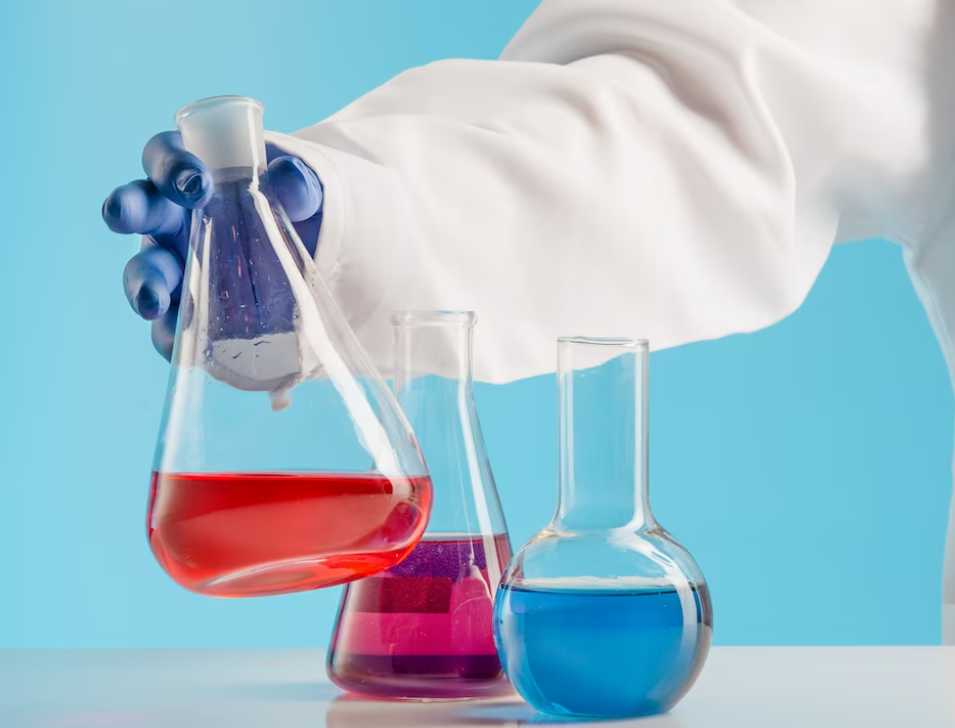Research liquids are essential in scientific research due to their unique properties and wide range of applications. These liquids come in different types, each with unique properties. This article will explore the properties and applications of research liquids in more detail.
Properties of Research Liquids
The properties of research liquids are critical in determining their usefulness in scientific research. Some of the essential properties of research liquids include:
- Solubility: Solubility is the ability of a liquid to dissolve in a particular solvent. Many research liquids are highly soluble, which makes them useful in various applications. For example, solvents such as dimethyl sulfoxide (DMSO) are often used to dissolve drugs and other bioactive molecules to test their efficacy.
- Viscosity: Viscosity refers to the thickness of a liquid. Some research liquids have high viscosity, while others have low viscosity. Fluids with high viscosity are thick and flow slowly, while those with low viscosity are thin and flow quickly.
The thickness of a liquid can affect the results of experiments, especially those involving fluid flow.
Chemical Stability: Research liquids are typically chemically stable. They do not react with other environmental substances, making them ideal for various applications. Chemical stability is critical in experiments that require a stable environment to prevent the degradation of the research liquid.
- Purity: Research liquids are highly pure, with minimal impurities. This purity is essential in scientific research, as even small impurities can affect the results of experiments. The purity of a research liquid can affect the outcome of experiments that require high precision and accuracy.
Applications of Research Liquids
Research liquids have numerous applications in scientific research. Some of the applications of research liquids include:
- Drug Development: Research liquids are used in the development of new drugs. Scientists use research liquids to test the efficacy of different drug candidates and to determine their safety.
For example, research liquids such as phosphate-buffered saline (PBS) are often used in cell culture studies to test the effects of drugs on cells.
- Environmental Analysis: Research liquids are used in environmental analysis to determine the presence of pollutants in the environment. Gas chromatography and mass spectrometry use them to detect and quantify contaminants.
For example, research liquids such as methanol are often used in environmental studies to extract pollutants from soil samples.
- Material Science: Research liquids are used in material science to study the properties of different materials. They create new materials with specific properties, such as strength, flexibility, and conductivity. For example, research liquids such as ethanol form conductive polymers for use in electronics.
- Food and Beverage Analysis: Research liquids are used in the food and beverage industry to determine the chemical composition of different food and beverage products.
They are used to detect the presence of contaminants and to ensure the safety and quality of food products. For example, research liquids such as acetic acid are used to determine the acidity of food products.
Final Thoughts
In conclusion, research liquids are essential in scientific research due to their unique properties and wide range of applications. The properties of research liquids, such as solubility, viscosity, chemical stability, and purity, play a critical role in determining their usefulness in various applications. You can buy high-quality research liquids from Lotilabs.
The applications of research liquids are diverse and include chemical analysis, drug development, material science, environmental analysis, and food and beverage analysis.





